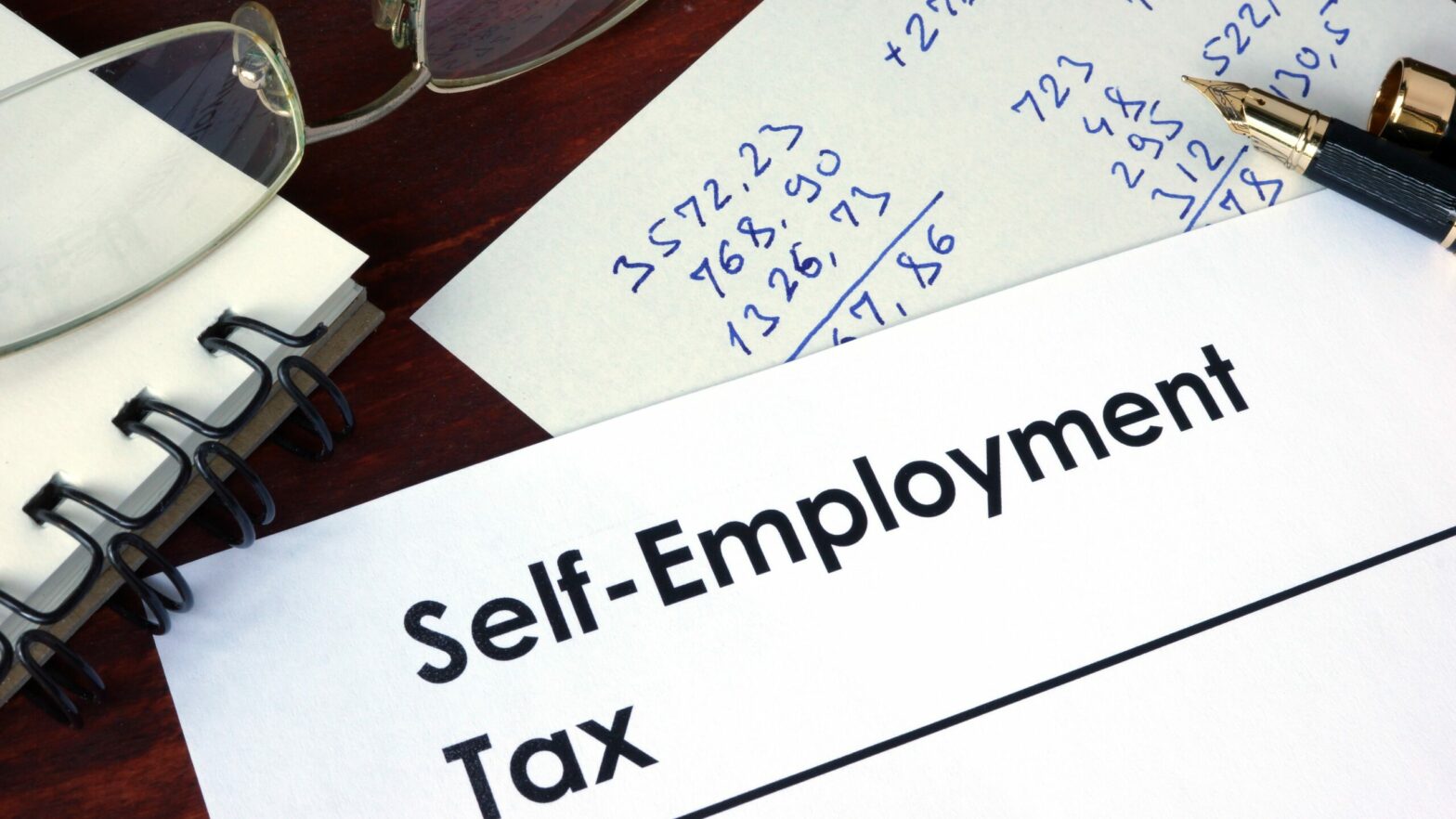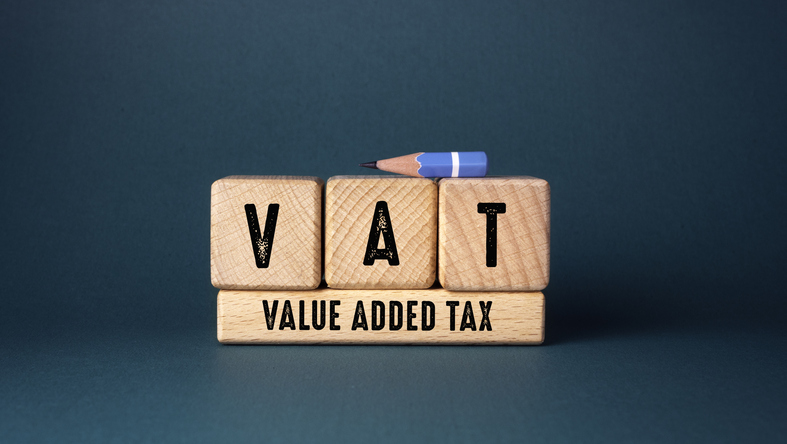The Office of Tax Simplification has published a discussion paper on a simpler income tax system for the smallest businesses. The focus of this paper is on the very small business which are unlikely to grow, including those being operated on a part-time or hobby basis.
There are approximately 3 million sole trader and partnership businesses in the UK with turnover of £70,000 or less and approximately 2 million of these have turnover of £20,000 or less.
The OTS quite rightly suggests that these very small businesses bear a disproportionate burden when dealing with their tax obligations, and are the least likely group to have the training, skills and time to cope with their obligations.
The OTS is looking at possible ways to simplify the income tax obligations of these smallest unincorporated businesses including identifying simpler tax compliance procedures and considering alternative ways of calculating the tax liability. This will include looking at other countries who use flat rate charges or taxes based on turnover.
Whilst the attempt to simplify the existing system for those very small businesses is welcome, the fact remains that many of the practical tax and red tape problems come once a business has to contend with PAYE, NIC and VAT. Consequently a similar review is urgently required for those SME businesses that are growing and are now within the VAT net and have employees who are liable to PAYE. Those businesses that are not yet large enough to afford an in-house bookkeeper and payroll assistant often struggle with their role as unpaid tax collector and may end up having to pay swingeing penalties for filing late or for making errors.
OTS Consultation – Disincorporation of small companies
The Office of Tax Simplification has published a discussion paper on the possibility of facilitating the disincorporation of small companies. The focus of this paper is on those businesses which are not operating through their optimal business structure and who are incurring extra red tape and costs for little additional benefit.
This is a subject which has been raised a number of times before and the interest has been reawakened by the large number of very small businesses that incorporated in order to obtain the benefits of the nil rate of corporation tax between 2002 and 2006. However as the paper indicates, many of those small companies could disincorporate under existing rules without any adverse tax consequences and so at this stage it is not clear what demand there would be for a disincorporation relief for those smaller companies.
There probably would be interest from a number of larger businesses where the proprietors would now prefer to trade as a LLP, a medium that was not available prior to 2000. However it appears that any new relief will be restricted to smaller companies, which suggests that the drafting of the legislation would need to be complicated in order to restrict its application.








